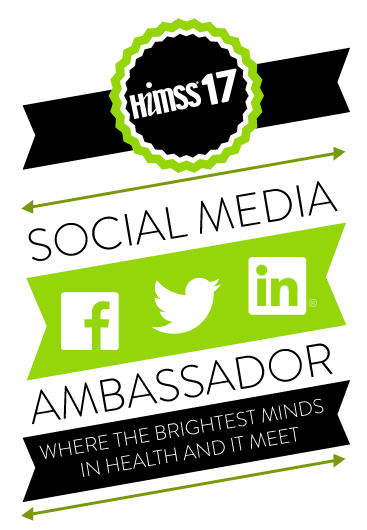Econometric Techniques Applied to Orthopaedic Datasets
 Monday, November 2, 2020 at 12:35PM
Monday, November 2, 2020 at 12:35PM It’s fun when interests collide. In a recent podcast interview with Davida Dinerman[1], we reviewed how my academic and career experience have led me to where I am today, with an emphasis on developing and disseminating information for decision support in healthcare. We covered a lot of ground in my non-linear career path, but Davida perked up when she heard me mention the term econometrics, which was new to her.
Then, this past weekend, I listened to the Orthopod podcast[2] on the topic of using real-world evidence (RWE), in this case, a Dutch registry that includes over 400,000 orthopaedic patients. Dr. Mohit Bhandari (@orthoevidence), the host, talks with Dr. Rudolf Poolman (@rudolfpoolman), who describes how he was able to question a guideline that calls for an age cut-off for cemented vs. non-cemented hip hemi-arthroplasty, using a research technique borrowed from econometrics.
Both podcasts cover other topics, including empowering patients by including them in research design (Orthopod) and providing access to medical information and data (my interview with Davida), as well as shared decision-making and clinical decision support/guidelines. I encourage you to add both episodes— and series—to your podcast list.
And, I thank Davida for asking me to describe my background, so that I can now point people to the LookLeftforGrowth podcast episode if they want to know how I ended up with my unusual mix of technical, analytic, behavioral economics and market research skills.
I haven’t made direct use of econometrics in my work since I left business school—a long time ago. Nonetheless, my training in econometrics, economics, statistics, mathematics and French(?) have given me a foundation in and perspective on big data and analytic methods that I rely on frequently for envisioning and assessing new research methods in medical and life science research. When listening to the referenced episode of the Orthopod podcast, I felt a sense of satisfaction that my stack of skills[3] has value in today’s big data-enabled, evidence-based medical research environment.
[1] https://www.lookleftforgrowth.com/podcast/episode/487d00f0/janice-mccallum-on-the-promise-and-challenges-of-healthcare-data. Relevant discussion occurs between 3 min 15 seconds and 5 min 40 seconds.
[2] https://myorthoevidence.com/Podcast/Show/84? Relevant discussion starts at 14 min 9 seconds.
[3] https://www.theladders.com/career-advice/skill-stacking-instead-of-mastering-one-skill-build-a-skill-set


Reader Comments